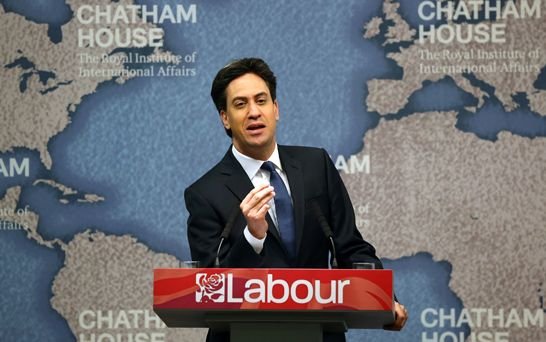At first glance, digital nomadism looks like pure freedom. You pack your laptop, book a flight, and start working from a sunny café in Lisbon, Medellín, or Bali. But beneath the Instagram-worthy views, there’s an invisible force shaping every nomad’s experience: local politics. While most nomads focus on Wi-Fi speed, cost of living, and nightlife, the real quality of your stay often depends on what’s happening inside government offices you never see.
1. Visa Policies: The Political Gatekeeper
Every country’s attitude toward foreigners is a direct product of its politics. Some governments create digital nomad visas to attract remote workers and new income streams, while others tighten borders under pressure from local voters worried about rising rents and cultural shifts.
- Example: Estonia, Croatia, and Portugal designed nomad visas to lure international talent.
- Counter-example: Thailand frequently changes visa rules, leaving many digital nomads scrambling with costly runs across borders.
A single election or policy change can flip a country from “digital nomad paradise” to “don’t bother” overnight.
2. Taxes & Residency Rules: The Hidden Trap
For nomads, taxes can be as unpredictable as the weather. Local politics dictates whether foreigners get tax breaks, face double taxation, or risk sudden backdated bills.
Some governments see nomads as welcoming economic guests and exempt them from local taxes.
Others reclassify long-stayers as residents after a certain number of days, triggering tax obligations.
Nomads who ignore these subtleties often discover too late that “cheap living” isn’t so cheap after all.
3. Housing & Rent Controls: Why Locals Push Back
In hotspots like Lisbon, Tbilisi, or Mexico City, rapid influxes of foreigners drive up rent. When locals struggle to afford housing, political backlash begins.
Grassroots movements can pressure governments into cracking down on Airbnb rentals or limiting short-term stays.
Nomads become easy targets in political debates about affordability and inequality,even if they didn’t create the problem.
This is why understanding the political mood of locals is as important as browsing real estate listings.
4. Infrastructure & Safety: Politics Beyond the Surface
That great café with fast Wi-Fi? Or the city where blackouts are rare? Both are results of political priorities. Local governments that invest in infrastructure create stable, safe environments for nomads. Weak governance leads to crime spikes, unreliable internet, or even civil unrest problems that can derail your work and lifestyle.
5. Cultural Policies: The Subtle Friction
Politics doesn’t just regulate visas and taxes; it shapes cultural policies too. Censorship laws, internet restrictions, or campaigns against “foreign influence” can affect how nomads live and work.
Turkey occasionally restricts social media during protests.
China’s “Great Firewall” blocks Western platforms entirely.
Nomads who don’t track these shifts risk frustration or worse, legal trouble.
6. Elections, Instability, and the Nomad Timeline
Political calendars matter. An election year might mean protests, unpredictable law enforcement, or sudden changes in residency laws. Even if you’re just passing through, instability creates real risks: delayed flights, unreliable services, or new restrictions at short notice.
The Nomad’s Rule of Survival
For digital nomads, ignoring politics is a luxury you don’t have. Freedom comes with responsibility:
- Stay informed about visa rules and residency thresholds.
- Read local news,not just travel blogs.
- Respect the local climate, both cultural and political.
In the end, local politics quietly dictates whether your stay is seamless or stressful. You don’t need to be a policy expert, but as a nomad, you do need to be alert. Behind every smooth latte and coworking hub lies the invisible hand of politics,deciding how long you can stay, how much you’ll pay, and how welcome you’ll feel.













